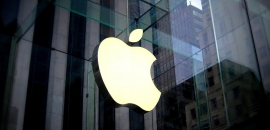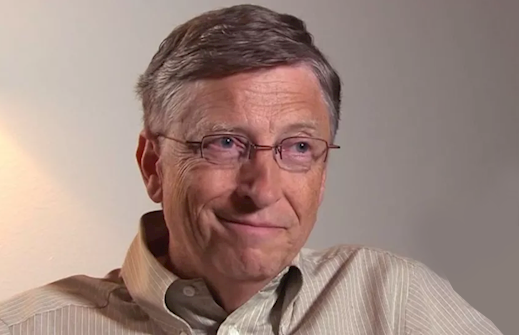
Apple loses most valuable company status as its shares drop 23% over last 4 days
Apr 09, 2025
by Robin Dahl Apr 05, 2025

In the future vision envisioned by Gates, the AI revolution will complete the deep transformation of traditional industries in less than a decade. Especially in the medical and education sectors, AI systems will take care of more than 80% of routine diagnosis, drug development and knowledge transfer.
Through precise algorithm optimization and 24-hour uninterrupted operation, AI not only greatly improves service efficiency, but also has the potential to completely change the underlying logic of human access to medical resources and education services.
Bill Gates also recently said that he also listed three professions that will not be replaced by AI: First, programmers, although AI programming tools such as GitHub Copilot can complete 30% of the basic code generation, the architectural design of complex systems still requires the overall control of human engineers. In the face of tens of millions of row-level software projects, programmers' creative solutions and boundary-breaking capabilities are the commanding heights of technology that are difficult for AI to achieve.
The second is energy experts, the energy field is too large and complex, and although AI can assist in analysis and improve efficiency, human expertise in decision-making and crisis management is still irreplaceable.
Finally, biologists, i.e., life explorers, and while AI can analyze large amounts of data and assist in diagnosing diseases, biologists rely on creativity, intuition, and critical thinking in the field of medical research and scientific discovery, which are traits that AI is difficult to replicate.

Apr 09, 2025

Apr 10, 2025

Mar 22, 2025

Mar 29, 2025

Feb 28, 2025

Apr 28, 2025

Apr 28, 2025

Apr 11, 2025